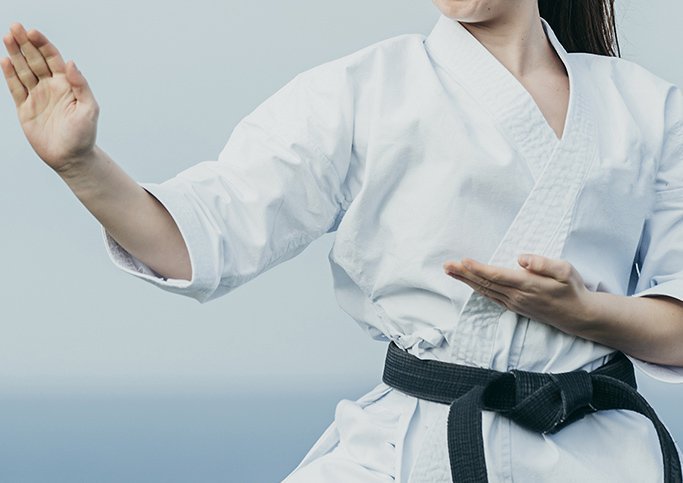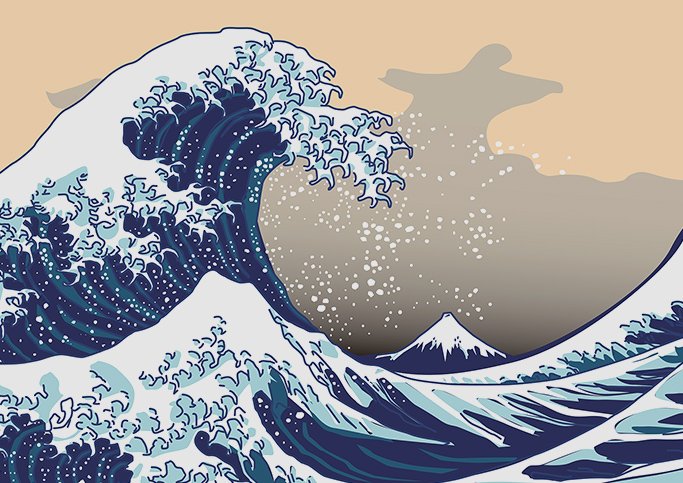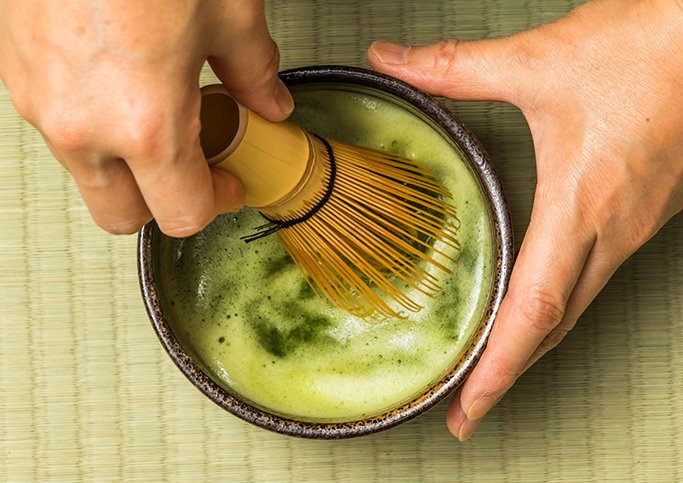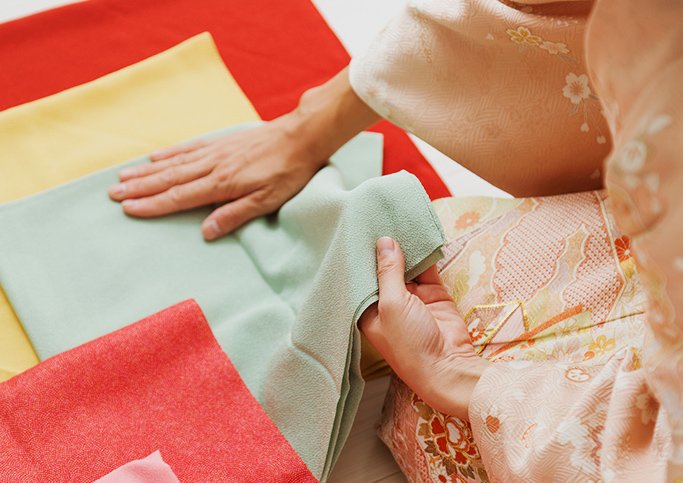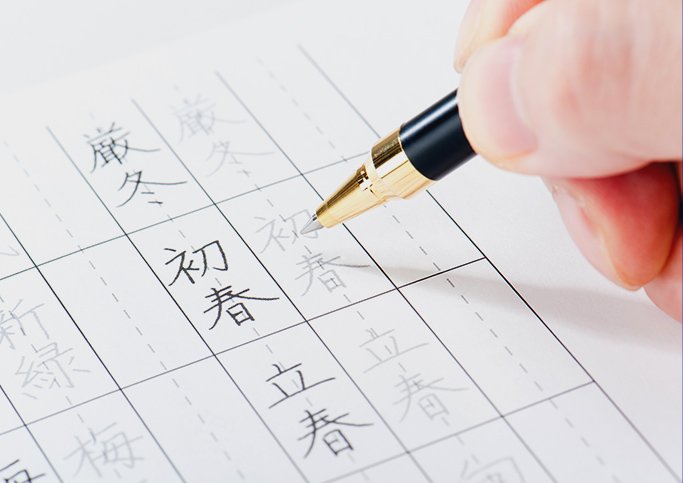
compare
How to say comparative expressions in Japanese ~And useful adjectives you should know!~
6/14/2021
We use comparative expressions on a daily basis to think and evaluate in a comparative manner. When you can use comparative expressions, you can easily convey what you want to say. Adjectives are essential when using comparative expressions. This article describes four common Japanese comparison expressions and adjectives that are useful to remember.
1. AはBより〜です(A wa B yori ~desu)
This is a standard Japanese comparative expression used in daily conversation. Rather than saying, “America is large,” it is better to say, “America is larger than Japan,” with an object of comparison to make it easier for the listener to understand.
Example
アメリカは日本より広いです。
Amerika wa Nihon yori hiroi desu.
America is larger than Japan.
When you compare areas, use the Japanese word “広い” (hiroi), which means “large.” “Small,” the antonym of “large,” is called “狭い” (semai) in Japanese.
Example
ポールは私より背が高い。
Pōru wa watashi yori se ga takai desu.
Paul is taller than me.
When comparing heights, use the Japanese word “高い” (takai), which means “tall.” The antonym of “tall,” which is “short,” is “低い” (hikui) in Japanese.
Example
エミリーはケイトより足が速いです。
Emirī wa Keito yori ashi ga hayai desu.
Emily runs faster than Kate.
To compare the speed at which things move, use the Japanese word “速い” (hayai), which means “fast.” The antonym of “fast,” which is “slow,” is “遅い” (osoi) in Japanese.
Example
最新式の顕微鏡の性能は古い顕微鏡の性能よりも優れている。
Saishin-shiki no kenbikyō no seinō wa furui kenbikyō no seinō yori mo sugurete iru.
The performance of modern microscopes is superior to that of older microscopes.
When comparing the merits and demerits, use the Japanese word “優れている” (sugurte iru), which means “superior.” The antonym of “superior” is “inferior,” and in Japanese it is called “劣っている” (ototte iru).
2. Aより Bの方が〜です(A yori B no hou ga 〜desu)
“AよりBの方が〜です” (A yori B no hou ga ~desu) is a comparative expression used when you want to make B stand out.
Example
英語より日本語の方が難しいです。
Eigo yori nihongo no hou ga muzukashī desu.
Japanese is more difficult than English.
When you compare the difficulty of things, use the Japanese word “難しい” (muzukashī), which means “difficult.” The antonym of “difficult” is “easy” and in Japanese it is called “易しい” (yasashī).
Example
カメよりライオンの方が危険です。
Kame yori raion no hou ga kiken desu.
Lions are more dangerous than turtles.
To compare safety, use the Japanese word “危険な” (kiken’na), which means “dangerous.” The antonym of “dangerous” is “safe” and it is called “安全な” (anzen’na) in Japanese.
Example
うどんよりラーメンの方が有名です。
Udon yori rāmen no hou ga yūmei desu.
Ramen is more famous than udon.
To compare popularity, use the Japanese word “有名な” (yūmeina), which means “famous.” Other than “有名な” (yūmeina), there is “人気な” (ninkina) to express popularity.
[日本のことが気になる?一緒に日本語を学びませんか?]
3. Bは Aより〜です(B wa A yori 〜desu)
This expression is the opposite of A and B in “AはBより〜です” (A wa B yori ~desu). It is often used for negative expressions such as B being inferior to the object of comparison.
Example
日本はアメリカより小さいです。
Nihon wa Amerika yori chīsai desu.
Japan is smaller than America.
In Japanese, “小さい” (chīsai) means “small.”
Example
私はポールより背が低いです。
Watashi wa pōru yori se ga hikui desu.
I'm shorter than Paul.
The Japanese word “低い” (hikui) means “short” and is often used when one is short in height.
Example
ケイトはエミリーより足が遅いです。
Keito wa emirī yori ashi ga osoi desu.
Kate runs slower than Emily.
One expression for speed, “遅い” (osoi) means “slow.”
4. Aは Bと比べて〜です(A wa B to kurabete 〜desu)
The phrase “〜と比べて” (〜to kurabete) is a bit more serious than the other three comparative expressions introduced so far. It is mainly used in formal situations such as school classes and business meetings. Let's learn the other three expressions first and then try this phrase.
Example
フィリピンは東京と比べて暑いです。
Firipin wa Tōkyō to kurabete atsui desu.
The Philippines is hotter than Tokyo.
When comparing air temperature, use the Japanese word “暑い” (atsui), which means “hot.” The antonym of “hot,” which is “cold,” is “寒い” (samui) in Japanese.
Please note that it is easy to make a mistake when describing air temperature and other temperatures in Japanese.
When describing other temperatures, use the Japanese word “熱い” (atsui), which means “hot.” “熱い” (atsui) is read in the same way as “暑い” (atsui), which is used for air temperature, but the kanji is different. The antonym of “hot,” which is “cold,” is called “冷たい” (tsumetai) in Japanese.
Example
ユーロは円と比べて高いです。
Yūro wa en to kurabete takai desu.
The euro is expensive compared to the yen.
When you compare values, use the Japanese word “高い” (takai), which means “expensive.” “Cheap,” the antonym of “expensive,” is called “安い” (yasui) in Japanese.
In Japanese, there are a lot of words for comparison. If you are interested in using comparative expressions in Japanese, why don't you study Japanese more and learn to speak various expressions in Japanese?
If you want to study Japanese right away, why don't you sign up for a free membership to Human Academy Japanese Language School Plus. You can experience practical Japanese lessons by experienced teachers for free.
CATEGORIES
FEATURED TAGS
RECOMMENDATION
-
 報BUSINESS TERMS
報BUSINESS TERMSWhat is ”Ho-Ren-So”, one of the basic manners when working in Japan?
10/30/2020
-
 伝WORDS & GRAMMAR
伝WORDS & GRAMMARWhat is easy Japanese?
10/30/2020
-
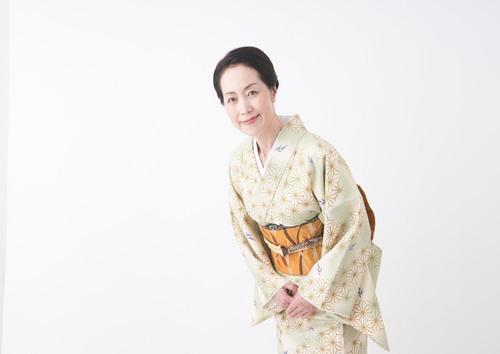 礼MANNERS
礼MANNERSJapanese greeting customs and origins. What are the greetings from other countries?
10/30/2020
-
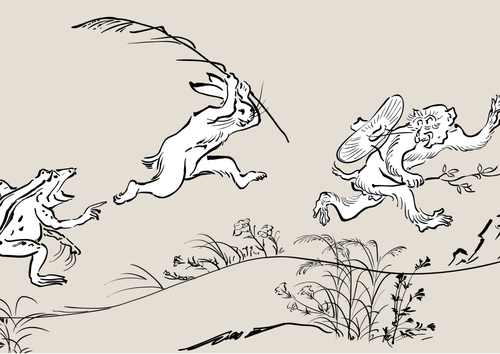 戯COMIC & GAME
戯COMIC & GAMEThe roots of animation and manga? Introducing bird and beast caricatures
10/30/2020
-
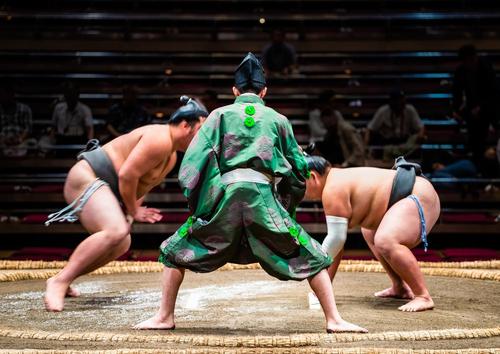 戦SPORTS
戦SPORTSThe history of sumo goes back to the mythical world! ?? Transition from myth to modern times
10/30/2020
LET’S PLAY
KARUTA!
Do you know the meaning of this...
NEXT...
FURTHER EXPLORATION
INTERESTED
IN JAPAN?
WHY DON’T YOU
LEARN JAPANESE WITH US?
START LEARNING
JAPANESE
WITH HUMAN ACADEMY!
ONE OF
THE MOST POPULAR
JAPANESE
LANGUAGE SCHOOLS
JAPANESE
LANGUAGE SCHOOL
OFFERING EXCELLENT
DETAILED LESSONS

ONLINE SCHOOL
- Learn with your classmates from all over the world
- Variety of Courses for All Needs
- FREE Trial Lesson available

TOKYO, OSAKA
- Offer the Best Curriculum for You
- Make New Japanese Learning Friends
- Many Opportunities to Practice Japanese
MAKE FURTHER
STEPS
WITH HUMAN ACADEMY!
ONE OF
THE MOST POPULAR
JAPANESE
LANGUAGE SCHOOLS
JAPANESE
LANGUAGE SCHOOL
PRODUCING MANY
JLPT N1 CERTIFIED
STUDENTS!

ONLINE SCHOOL
- Learn with your classmates from all over the world
- Variety of Courses for All Needs
- FREE Trial Lesson available

TOKYO, OSAKA
- Support Your Higher Goal of Japanese Learning
- Perfect Environment for Japanese Learners
- Learn with Your New Japanese Study Mates




